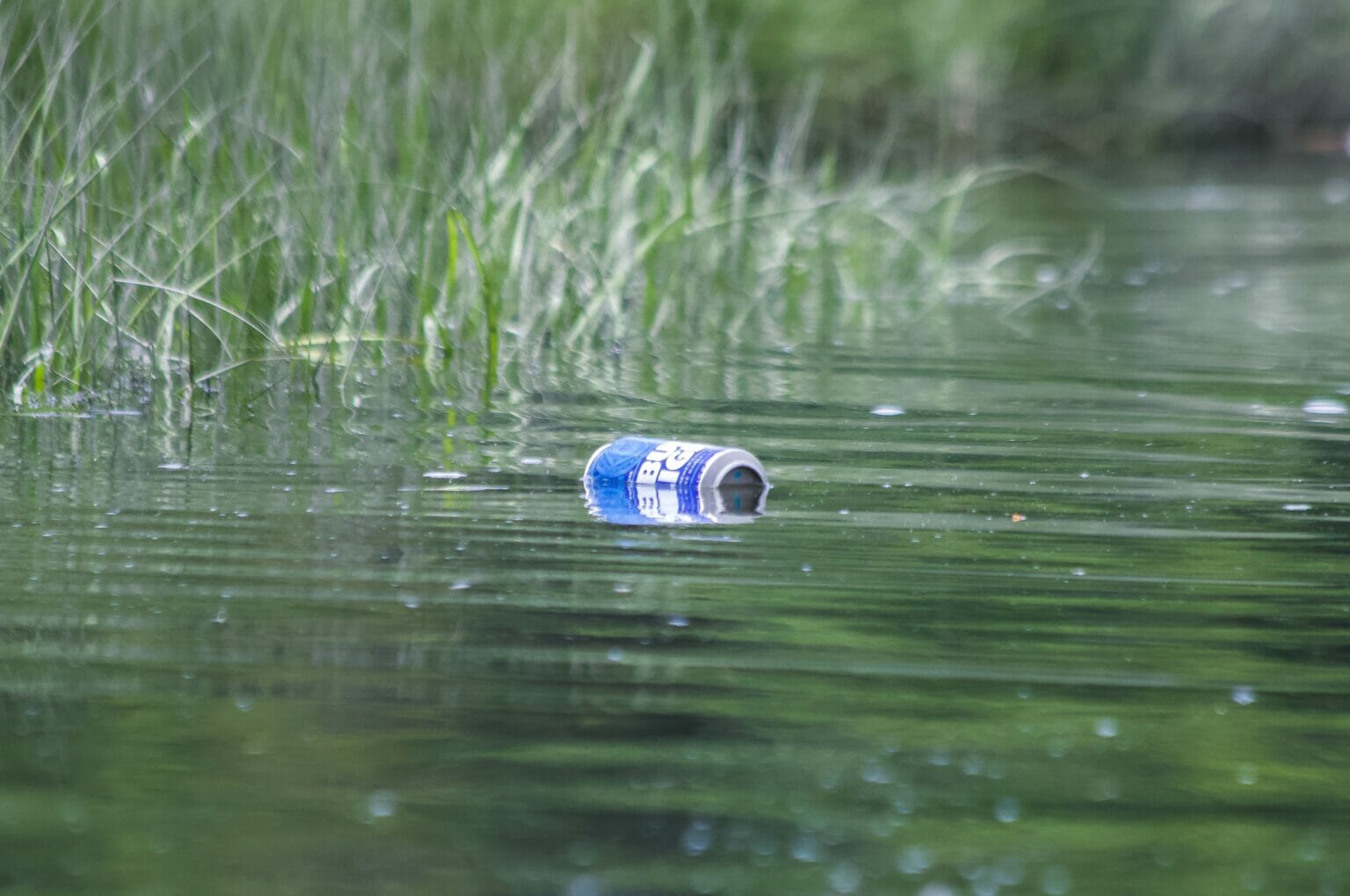Parent company A.B. InBev has already lost $400 million because of the Bud Light boycott over Dylan Mulvaney’s transgender ad.
The customer boycott of Bud Light that started after A.B. InBev promoted the beer with a trans influencer now has a price tag, and it’s a big one.
The sales of Bud Light caused the Belgian brewer’s U.S. sales to drop 10.5% and sales to American stores to drop 14% from April to June. That means that sales in North America have dropped by almost $400 million since last year. Even though Canada is part of North America, sales there went up, which suggests that A.B. InBev’s boycott of American customers is the only reason for the drop in sales.
Bud Light has been the best-selling beer in the U.S. for many years. But this quickly changed after people stopped buying the brand in April because of an ad with transgender TikTok star Dylan Mulvaney. On social media, people who don’t like trans people spoke out more, and the company put two executives in charge of the Mulvaney marketing effort on leave. In May, AB InBev also distanced itself from the campaign, saying that a single post is not a strategy.
But by the time the company responded to the reaction, it had already lost customers and was no longer the best-selling beer brand in the United States.

A.B. InBev, which also makes Stella Artois and Corona beers, talked about the boycott during its earnings call on Thursday. They called it the “Bud Light situation.”
CEO Michael Doukeris said, “In the U.S., we listen to our customers and work with them.” “They want to drink beer without having to argue about it. They want us to focus on platforms that all consumers love, so that’s what we’re doing.”
The biggest beer company in the world plans to keep putting money into sales and marketing efforts that make its brand stronger. This is because it learned a lot from its recent failed ad push.
Fortune asked A.B. InBev for a response, but the company responded later.
Beer sales in other places
Even though the company did not do well in America, it did well in other parts of the world. This helped the company raise its total revenue for the second quarter by 7.2%. On average, A.B. InBev’s drink prices have gone up by 9%, which customers have paid and helped the company make more money. It made 5% more money this quarter than it did last year, which was better than the 0.4% growth that was expected.
Even though A.B. InBev’s beer and non-beer sales still need to do better, the company chose to stick to its full-year forecast, counting on markets like China to make up for the lost business in the U.S.
Heineken and other big names in the beer business are also feeling the effects of rising prices. In answer to inflation, the second-best-selling beer brand in the world, which is from the Netherlands, raised its prices, but customers chose cheaper brands. Because of this, Heineken’s income fell in the second quarter of 2023.
But the trouble with A.B. InBev has helped some companies, like Molson Coors, which has now raised its full-year forecast.
“We didn’t expect our biggest competitor’s biggest brand to lose nearly 30% of its sales in the quarter,” Gavin Hattersley, the CEO of the company, told investors on Tuesday.
